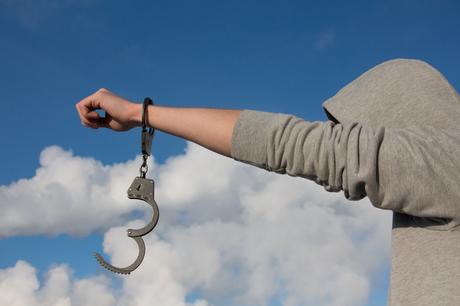
Ambulance Handcuffs Hope Thief Hiv Freedom Aids
We can feel a kick in the gut when we worked so hard at raising our children, providing the best life for them, and they get brought home in handcuffs, or we receive a call that our pride and joy is down at the local police station. Emotions can be very complicated at this stage, from extreme anger to flat-out denial that our baby has done anything wrong. But what do we do in these circumstances?
Don’t Play Lawyer Yourself
Emotions can cloud these issues, especially when it’s us that are keen to jump to the defense of our children. But it’s important that you don’t try and defend the child yourself; playing lawyer isn’t just foolish, it can seriously damage proceedings. It is far better to leave it to the professionals. Looking at BrianZeiger.com, one of many criminal defense lawyers, their experience and ability to be impartial during the difficult early legal stages, will help your child and you. It’s an incredibly emotional situation that everyone is in, and this is why you cannot let your emotions cloud the situation.
Being Calm Will Help Everyone
As well as not letting your emotions get in the way in a professional sense, because we can jump to conclusions, and consider it to be the fact that our child had fallen in with a bad crowd, we believe these things to help our child’s case. Not only do we have to let the professionals do their job, but we have to realize that everybody is impartial, and getting angry or verbalizing our innermost thoughts can damage the entire proceedings. It’s far better to be co-operative, and this needs to be communicated to our children also.
Reassess Your Own Communication Skills
When discussing the situation with our children, we can feel angry, upset, or incredibly fearful. We can also feel guilty, because we believe it’s our fault. But maybe it’s time to consider that we haven’t actually communicated ourselves properly for a long time. Consider this a line in the sand drawn. Parent-child communication is a bone of contention regardless of how close families are. There are some wonderful tips on Time.com to help improve your communication with your child. If there was ever a time that skills need to be improved on both sides, it is now.
And while we can feel guilt, sometimes we have to consider this a blip. After all, none of us are perfect, and we are prone to mistakes. But the important thing is if we have learnt from them. If it is a minor offence, and your child has understood the negative repercussions of this everyone can move on. But if this is indicative of something far deeper, it can result in a lot of soul-searching, not to mention professional help. It’s unfortunate that these circumstances occur, but you’re not the first family to go through this. Our children can make mistakes, but it’s important for us to realize that we can’t protect them all the time, and sometimes these mistakes are ones that they have made themselves, not you.
